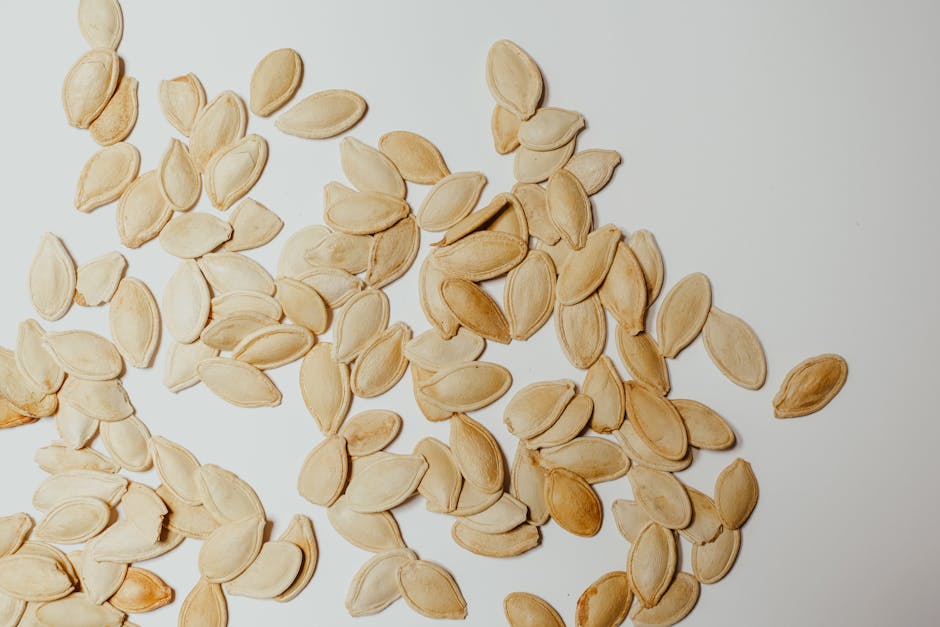Introduction
In an era saturated with dietary fads and ever-changing nutritional advice, the Paleo diet stands out as a potential pathway to optimal health. But what is it about eating like our Paleolithic ancestors that resonates with so many? Proponents argue that Paleo, or the “caveman diet,” aligns more closely with our biological needs than modern eating habits, making it a highly biocompatible approach to nutrition. This article explores the core principles of the Paleo diet and examines the evidence supporting its claims of improved health outcomes.
The Core Principles of the Paleo Diet
What You Can Eat
The Paleo diet focuses on whole, unprocessed foods that were presumably available to our hunter-gatherer ancestors. Key food groups include:
- **Lean Proteins:** Grass-fed beef, wild-caught fish, poultry.
- **Fruits & Vegetables:** A wide variety of colorful, nutrient-dense produce.
- **Healthy Fats:** Avocados, nuts, seeds, olive oil, coconut oil.
What You Should Avoid
Conversely, the Paleo diet restricts foods that became prevalent after the advent of agriculture, including:
- **Grains:** Wheat, rice, corn, barley.
- **Legumes:** Beans, lentils, peanuts.
- **Dairy:** Milk, cheese, yogurt (some variations allow grass-fed butter).
- **Processed Foods:** Sugary drinks, refined oils, artificial sweeteners.
Why This Approach? The Biocompatibility Argument
The central idea behind the Paleo diet’s biocompatibility is that our genes haven’t significantly adapted to the rapid changes in our food supply brought about by agriculture and industrialization. Advocates argue that modern diets, high in processed foods, grains, and sugars, create a mismatch between our genes and our environment, leading to chronic inflammation and disease.
Potential Health Benefits Backed by Research
Improved Blood Sugar Control
Studies suggest that the Paleo diet can improve blood sugar control and insulin sensitivity, making it a potential benefit for individuals with or at risk of type 2 diabetes. The elimination of refined carbohydrates and sugary foods helps stabilize blood glucose levels.
Weight Management
The focus on whole, unprocessed foods and the avoidance of calorie-dense, nutrient-poor items naturally promotes weight loss. Increased protein intake can also enhance satiety, reducing overall calorie consumption.
Reduced Inflammation
Many proponents report that the Paleo diet leads to reduced inflammation throughout the body. This is attributed to the elimination of inflammatory foods like grains, processed foods, and refined sugars, coupled with an increased intake of anti-inflammatory foods like omega-3 fatty acids and antioxidants.
Heart Health Benefits
While more long-term research is needed, studies have indicated that the Paleo diet can improve cardiovascular risk factors by lowering triglycerides, increasing HDL (“good”) cholesterol, and improving blood pressure.
Considerations and Potential Drawbacks
Nutrient Deficiencies
If not carefully planned, the Paleo diet can potentially lead to nutrient deficiencies, particularly in calcium and vitamin D (due to dairy restriction). Supplementation and careful food selection are essential.
Sustainability and Accessibility
Sourcing high-quality, grass-fed meats and organic produce can be expensive and challenging for some individuals. Considerations for affordability and environmental impact are important.
Individual Variability
The Paleo diet is not a one-size-fits-all approach. Individual responses can vary based on genetics, activity levels, and pre-existing health conditions. It’s always recommended to consult with a healthcare professional or registered dietitian before making significant dietary changes.
Conclusion
The Paleo diet offers a compelling argument for biocompatibility by emphasizing foods that are supposedly more aligned with our evolutionary history. While promising research highlights potential benefits like improved blood sugar control, weight management, and reduced inflammation, it’s crucial to address potential drawbacks and individualize the approach. Understanding the core principles, potential benefits, and considerations can empower individuals to make informed decisions about whether the Paleo diet is a suitable and sustainable choice for optimizing their health and well-being. More long-term research is needed to fully understand the long-term effects of the Paleo diet on overall health.
